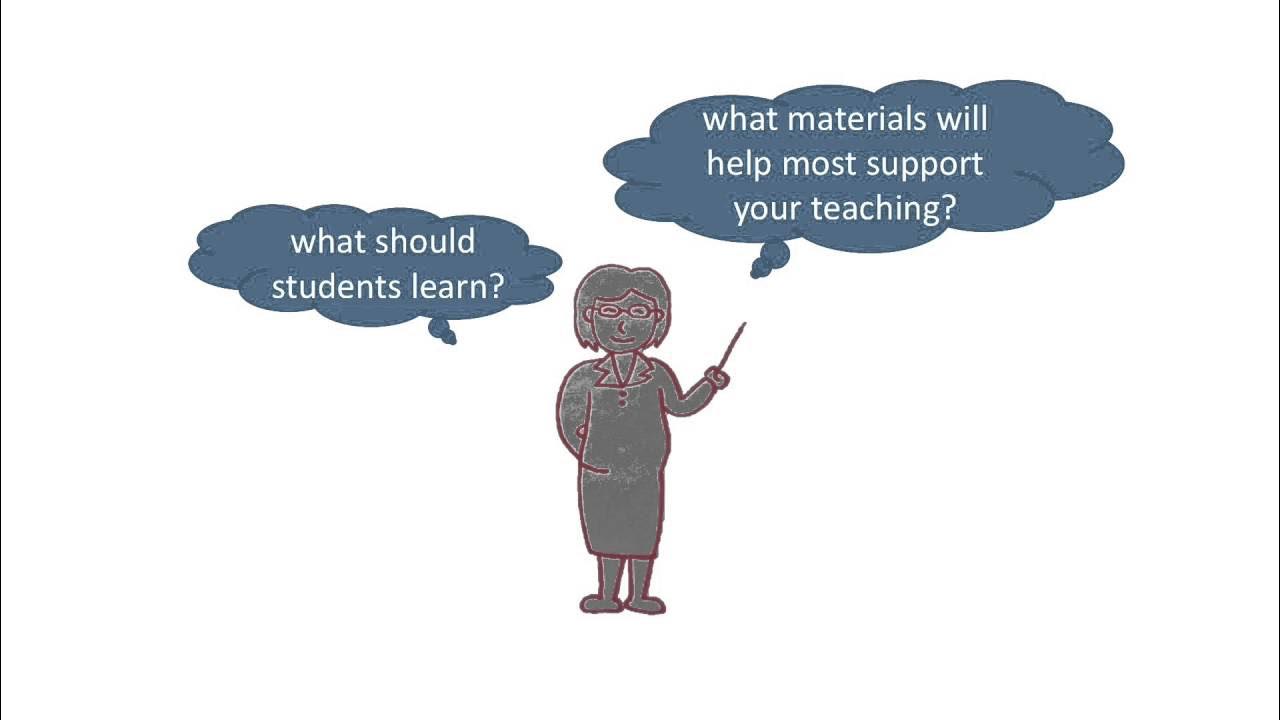How to learn Japanese in the easiest ways - Japanese learning tips from a native polyglot 🇯🇵
Summary
TLDRThis video offers a comprehensive guide for beginners on learning Japanese, emphasizing the importance of setting clear goals and tailoring the learning path accordingly. It covers various aspects, including listening, speaking, and kanji learning, and recommends using science-based study methods like spaced repetition and active recall. The video suggests utilizing digital tools like Muchimuchi for vocabulary and kanji practice, and highlights the value of consistent daily input and practice for effective language acquisition.
Takeaways
- 🎯 Start by defining your goal for learning Japanese as it will guide your learning path.
- 🗣️ If your goal is communication, focus more on speaking and listening skills, and less on kanji.
- 📺 For understanding anime, concentrate on listening skills by consuming Japanese content like anime, dramas, and news.
- 📚 Learning for business purposes might require a balance of listening, speaking, and writing skills.
- 🔍 Remember your goal during low motivation periods to stay focused and motivated in your language journey.
- 👶 Mimic the language acquisition process of a baby by doing an enormous amount of input through various Japanese media.
- 📚 Use science-based study methods like spaced repetition and active recall for effective vocabulary learning.
- 📱 Utilize language learning apps like Muchimuchi for flashcards, categorized vocabulary, and optimal timing for复习 (repetition).
- 📝 Practice speaking by summarizing and explaining content in your own words, even with an imaginary friend.
- 🖊️ For learning kanji, use digital flashcards and practice writing them out to reinforce learning.
- 📈 Avoid common mistakes like copying someone else's study plan and instead find a routine that fits your lifestyle and learning style.
Q & A
What is the most important step when starting to learn Japanese according to the video?
-The most important step is defining your goal because it will determine the path you follow in learning Japanese.
Why is it unnecessary to learn kanji if you are only learning Japanese to communicate with family members?
-In a conversation, you don't write kanji to another person, so focusing on speaking and listening skills is sufficient for communication.
What is the recommended approach for learning Japanese if your primary goal is to understand anime?
-Focus on developing strong listening skills by consuming Japanese content like anime with an emphasis on understanding what is being said.
How can setting a clear goal help in maintaining motivation during language learning?
-Setting a clear goal helps you remember why you started learning the language, which can be a source of motivation during days when you feel unmotivated.
What is the significance of doing an 'enormous amount of input' when learning a language?
-Doing an enormous amount of input is similar to how babies learn languages by being surrounded by the language. It helps in gradually understanding the language through repeated exposure.
Why are space repetition and active recall effective methods for learning vocabulary?
-Space repetition and active recall are effective because they mimic how our memories work, reinforcing the importance of information and helping it move into long-term memory.
What is Muchimuchi and how does it help in learning Japanese vocabulary?
-Muchimuchi is a Japanese learning app that uses flashcards to study vocabulary, categorized by topics, and incorporates space repetition to optimize learning.
How can practicing speaking skills be beneficial even without native speakers around?
-Practicing speaking skills can be beneficial by summarizing content in your own words, speaking to an imaginary friend, or using online services to converse with native speakers.
What is the role of kanji in learning Japanese, and is it necessary for everyone?
-Kanji is an essential part of written Japanese, but it's not necessary for everyone. It depends on your goals; for example, if you're only watching anime, you might not need to learn kanji.
Why are digital flashcards more effective than physical ones for learning kanji?
-Digital flashcards, like those in Muchimuchi, are more effective because they are pre-made, include audio, and provide examples, saving time and enhancing learning efficiency.
What common mistakes should be avoided when creating a study plan for learning Japanese?
-Avoid copying someone else's study schedule, as everyone has different lifestyles and learning styles. Find a consistent routine that suits your daily life, even if it's just 10-15 minutes a day.
Outlines

This section is available to paid users only. Please upgrade to access this part.
Upgrade NowMindmap

This section is available to paid users only. Please upgrade to access this part.
Upgrade NowKeywords

This section is available to paid users only. Please upgrade to access this part.
Upgrade NowHighlights

This section is available to paid users only. Please upgrade to access this part.
Upgrade NowTranscripts

This section is available to paid users only. Please upgrade to access this part.
Upgrade NowBrowse More Related Video

How I Would Learn Python in 2024 (if I could start over)

How to become a FREELANCER in 2024 - The Ultimate Beginner Guide To Freelancing - Full Course

A CSS learning guide for beginners

How to design a language curriculum

How to start DSA from scratch? Important Topics for Placements? Language to choose? DSA Syllabus A-Z

10 Menit NGERTI Financial Planning!🤑
5.0 / 5 (0 votes)